Here you can:
Tackle urgent
health challenges
impacted by
climate change
Harness your passion for improving public health.
At DEOHS, you can:
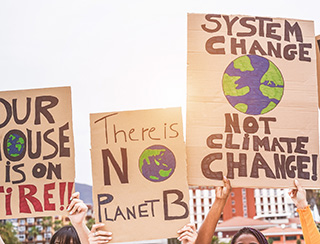
Study how public health helps people, communities, policymakers, and practitioners adapt to a changing climate.
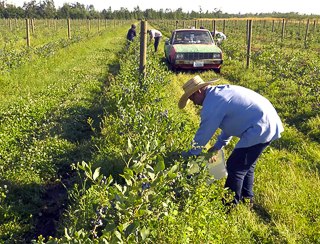
Investigate the risks outdoor laborers face with rising temperatures.

Identify and develop adaptation and intervention strategies to reduce the impact of climate change on human health.
Why study Climate Change and Health?
The health impacts of climate change are a growing area of interest for research and practice. Focusing your studies in this area will allow you to graduate from DEOHS with specific knowledge and experience of risk assessment, how to assess and manage exposures to environmental hazards and core principles of toxicology.
.
As a student in Climate Change and Health, you will:
- Choose to earn your MS, MS Applied or PhD degree.
- Take common core courses introducing foundational concepts and skills, including risk assessment, management and communication; assessment and management of exposures to environmental hazards; core principles of toxicology; and how climate change and its impacts affect human health.
- Learn how climate change impacts the linkages among human and environmental health; and how public health helps people, communities, policymakers and practitioners adapt to and mitigate these effects. Choose additional courses that align with your interests, such as disasters, nutrition, policy, and environmental justice and equity.
- Complete a culminating experience (thesis or dissertation) showcasing your ability to integrate the skills you have learned to address an environmental or occupational health problem.

I chose DEOHS because of the department's strong focus on solutions-based, interdisciplinary climate and health research. The department has helped me build relationships with academic, government and nonprofit partners who help us conduct research projects that directly address climate-related threats to Pacific Northwest communities.
Claire Schollaert,
PhD
Read more
Environmental Health Sciences: Student research projects
Anisha Azad
The Effects of Extreme Weather Exposure on People Experiencing Homelessness in Seattle
MS (Thesis) | Environmental Health (EH)
2023 | Edmund Y. W. Seto
Our faculty and research
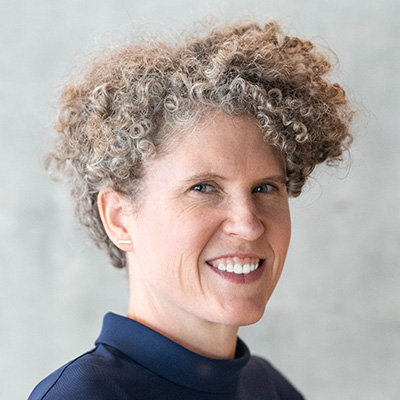
There’s how we use our energy, how we use our land, how we produce our food, how we get water. All of these are interrelated and are affected by climate change.
Dr. Joan Casey,
DEOHS Associate Professor
Read more
Research spotlight
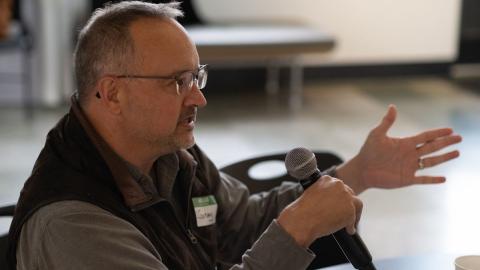
Protecting health in a changing climate
DEOHS researchers partner with communities to save lives from extreme heat and climate-related disasters
LEARN MORE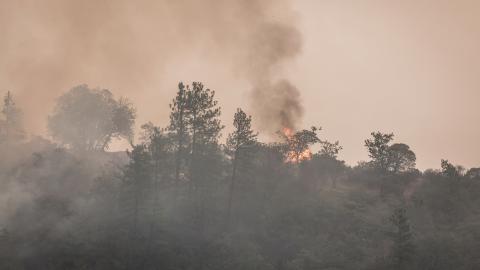
RETRACTED AND REPLACED: UW-led research links wildfire smoke exposure with increased dementia risk
DEOHS researcher Joan Casey calls wildfire smoke "a different animal"
LEARN MORE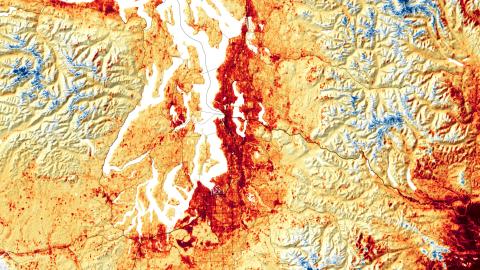
Climate change intervention: UW faculty lead charge with innovation, research
NIH grant provides $3.8 million to establish REACH Center, using computer model developed by DEOHS faculty
LEARN MORE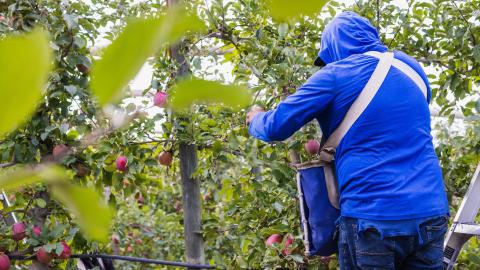
Protecting crop workers under the sun and smoke
DEOHS research in agriculture industry aims to increase worker health and safety in heat and wildfire smoke
LEARN MOREOptional Elective Courses
Career pathways
Our Climate Change and Health graduates work in the public, private, nonprofit sectors and in academia. Recent DEOHS graduates work as:
- Postdoctoral scholar at UCLA Fielding School of Public Health
- Research coordinator at UW Center for Disaster Resilient Communities
- Communications specialist at Public Health-Seattle & King County
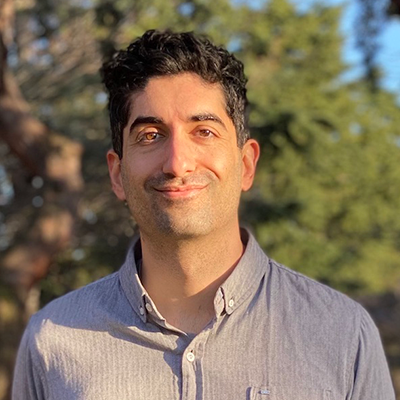
Alumni profile
The mentorship and training I received at UW DEOHS was key to preparing me for my current research-oriented career path. I gained a variety of skills that ultimately qualified me to advance to my current focus in environmental reproductive epidemiology. I feel grateful to be able to work in this exciting field.
Ryan Babadi,
Postdoctoral Research Fellow, Department of Environmental Health
Harvard T.H. Chan School of Public Health
Read more